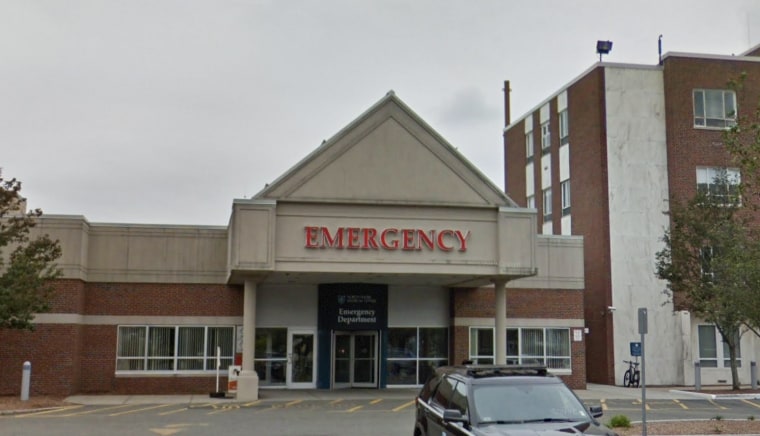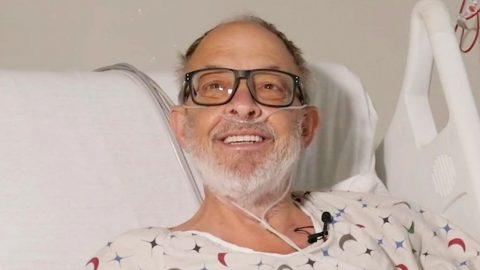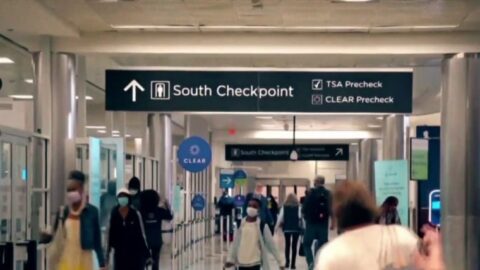Nearly 450 patients at Salem Hospital in Massachusetts may have been exposed to hepatitis B, hepatitis C and HIV due to improper administration of their IV medications, a hospital spokesperson said Thursday.
The potential exposures occurred over roughly two years and involved patients who needed an endoscopy, a procedure where doctors use a small camera to look inside the body to detect diseases.
The hospital was first made aware of the possible exposures earlier this year and the practice was immediately corrected, according to a statement.
“We sincerely apologize to those who have been impacted and we remain committed to delivering high-quality, compassionate health care to our community,” the hospital said.
The likelihood that patients were actually infected is “extremely small” and no patients reported infections as of Thursday, said Adam Bagni, the hospital’s director of external communications.
Bagni said the hospital is testing people for hepatitis B, hepatitis C and HIV, “which are standard tests for a potential exposure of this kind,” but did not elaborate further on the nature of the exposure.

Potentially exposed patients were notified via the hospital’s online portal, Patient Gateway, and through email. If patients didn’t immediately respond to their notification, the hospital called patients and sent them letters, Bagni said.
Patients who were not notified do not need to be worried about exposure, he said.
Dr. Shira Doron, chief infection control officer for the Tufts Medicine health system, said instances of patients being potentially exposed to bloodborne pathogens due to bad practices in hospitals are “pretty rare.”
Health care workers are exposed to these pathogens far more often, she said, because of injuries from needles or other procedural equipment that touches patients’ eyes, noses and mouths.
Most hospitals have strict procedures for sanitizing needles, syringes and other hospital equipment before they’re used, and hospitals are held accountable to these standards, Doron said.
“Every three years we have an unannounced survey, and that’s one of the big things that the surveyors are looking for is to make sure that you’re taking all the required steps to prevent the transfer of bloodborne pathogens,” she said.
Nevertheless, patients are still exposed to diseases from time to time. In 2018, more than 3,000 patients were at risk of exposure to hepatitis B, hepatitis C and HIV after rusty equipment was used in a New Jersey surgery center. In 2008, up to 63,000 patients were potentially exposed to hepatitis C following “negligent practices” at two endoscopy clinics in Las Vegas, according to a report from the Yale Journal of Biology and Medicine.
To avoid exposing patients to diseases like hepatitis B, hepatitis C and HIV, health care workers should ensure they never use the same needle and syringe on more than one patient, Doron said. Workers should also avoid placing a cap on a used syringe with a needle in it, she added, so other workers don’t mistakenly believe it’s safe to use.









Recent Comments